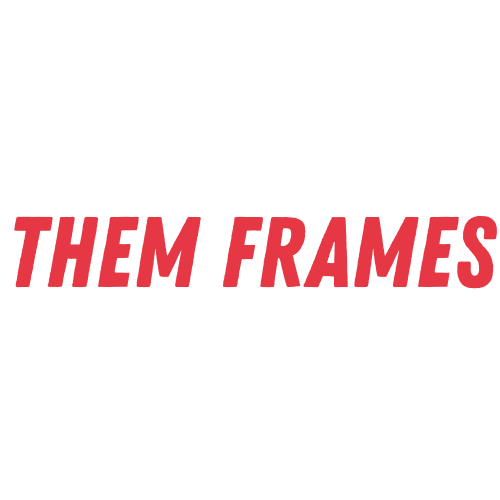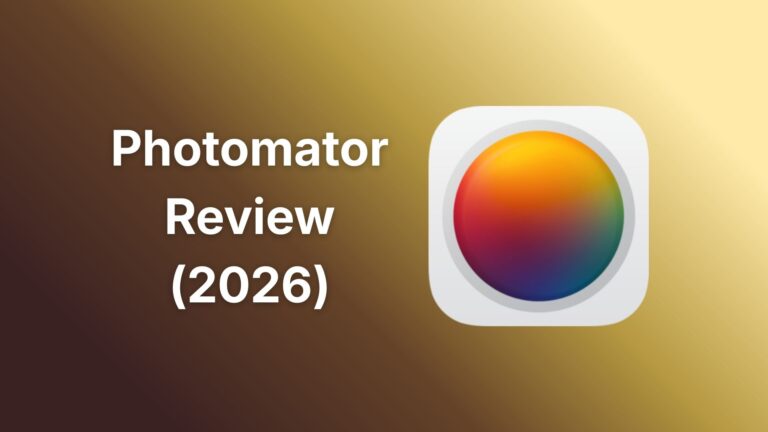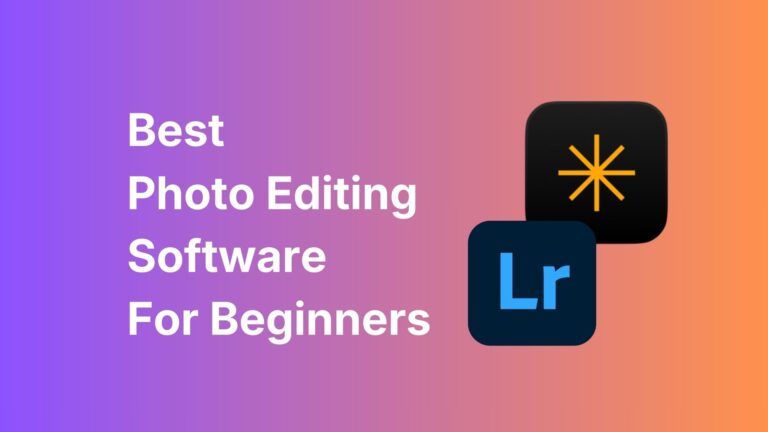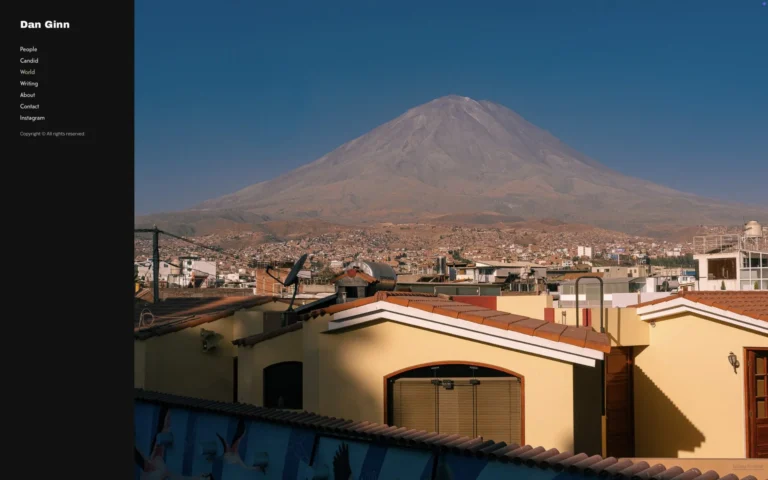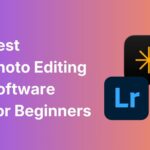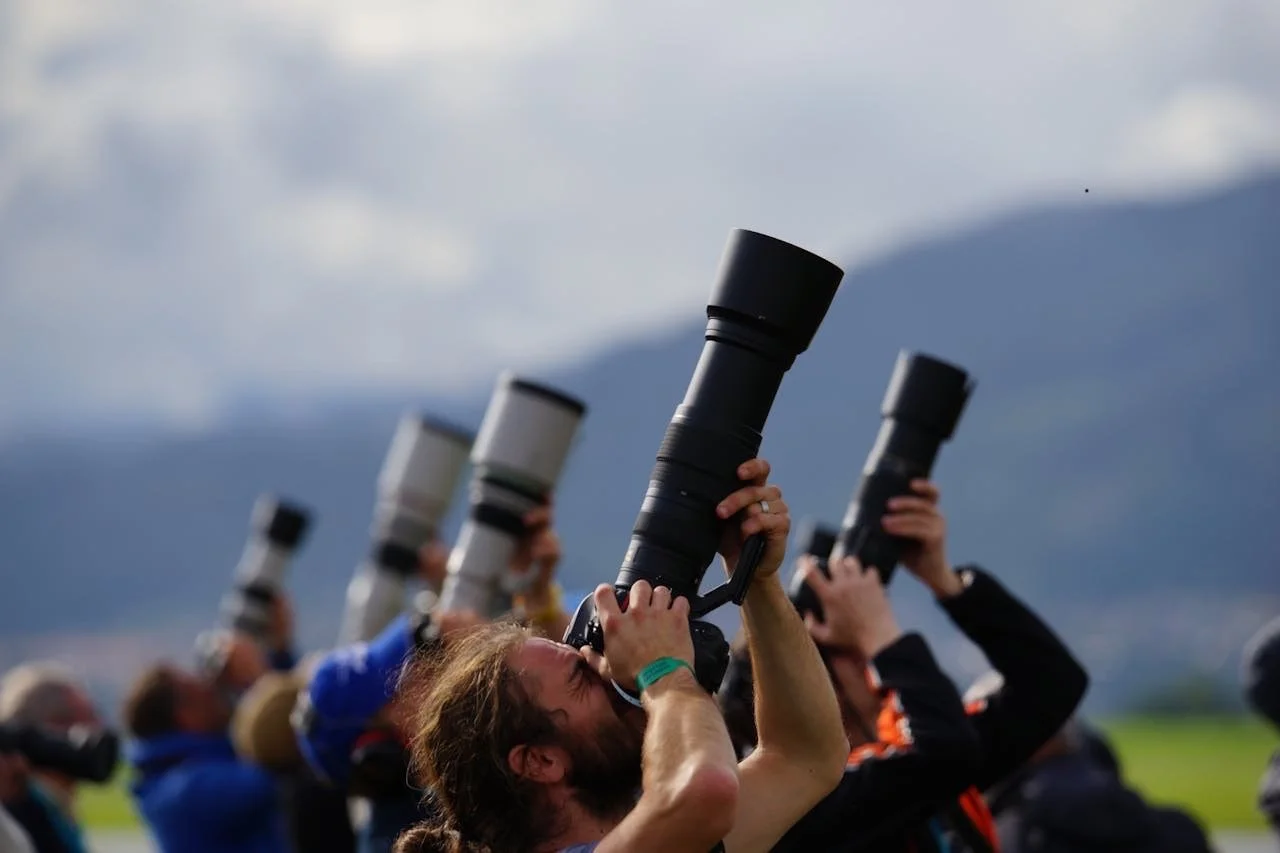
Photography workshops pop-up every single week. Some are reasonably priced, and others cost thousands of dollars. Either way, they’re a financial investment for the photographer that’s eager to learn. But, are they a sound investment or just a huge waste of money?
Photography workshops (aka photography classes) are short, intense courses that teach you about a specific area in photography. They’re often led by an experienced photographer, who tends to have a large social media following.
A photography workshop is often a blend of theory and practical exercises. The photographer running the workshop will host in a classroom, cover the history of the photography genre they’re teaching and also cover photography theory and best practices.
On a practical level, students who attend photography classes will follow the process of making photographs, and the teacher will review their work and offer feedback. Such crash courses in photography tend to last between one to three days.
Should you invest in photography workshops?

Photo by Jess Bailey Designs
They’re are a lot of chancers out there. People who tend to be high end marketeers, rather than skilled photographers. I’ve known photographers who have been shooting for less than a decade charging in excess of $4000 for less than a handful of photography classes.
There’s no way you will get a good return on your investment when paying that amount of money for someone who I would not consider to be a seasoned photographer.
But, there are experienced photographers out there offering workshops for much more reasonable prices. Matt Stuart is a highly regarded street photographer with decades of experience. He’s also a former Magnum Photos associate. He ran a course for $600.
To get photography lessons from such a seasoned pro for around $200 is a bargain to me. What you learn will last a lifetime and no doubt help you improve your street photography skills.
If you are thinking about paying for a photography workshop, here are some tips to consider.
-
Only work with photographers who have 10 years plus experience.
-
Don’t get sucked in by how many followers they have.
-
Do they have relationships with prestigious organizations and brands?
-
If they’re prices are crazy high, then they’re likely not worth it.
-
How big is each class? The more students the less attention you get.
-
Do they have a long list of positive testimonials?
The benefits of photography workshops
There are several benefits to attending photography workshops. Not all of them pertain to what you’ll learn from the photographer. Below I will highlight some of the core benefits of investing in short photography classes.
They’re good networking opportunities
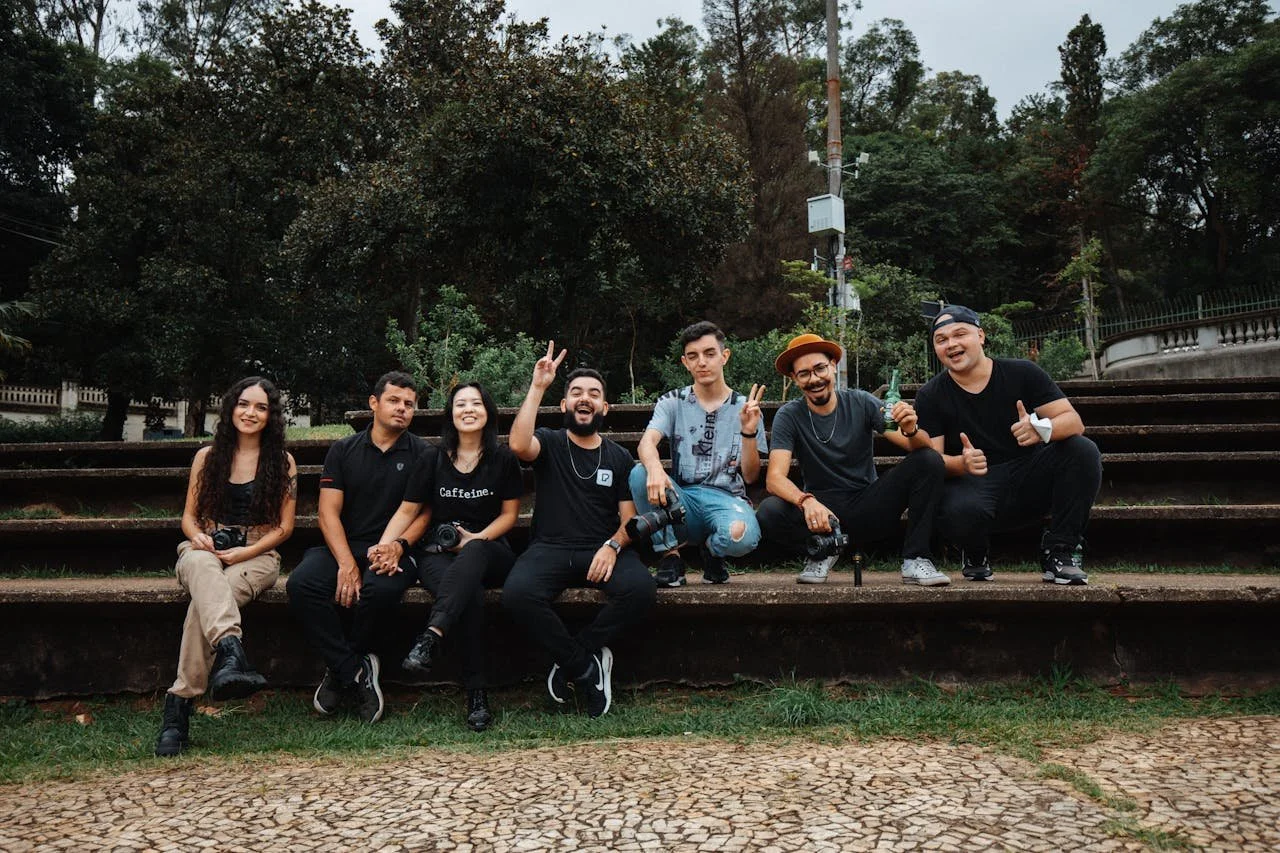
Photo by Matheus Bertelli
Group workshops are a great way to meet like minded people. Not everyone is a total novice and you can sometimes use the classes to network and gain opportunities. There are a good spot to make new friends and you can support each other on your photography journey’s.
A source of inspiration
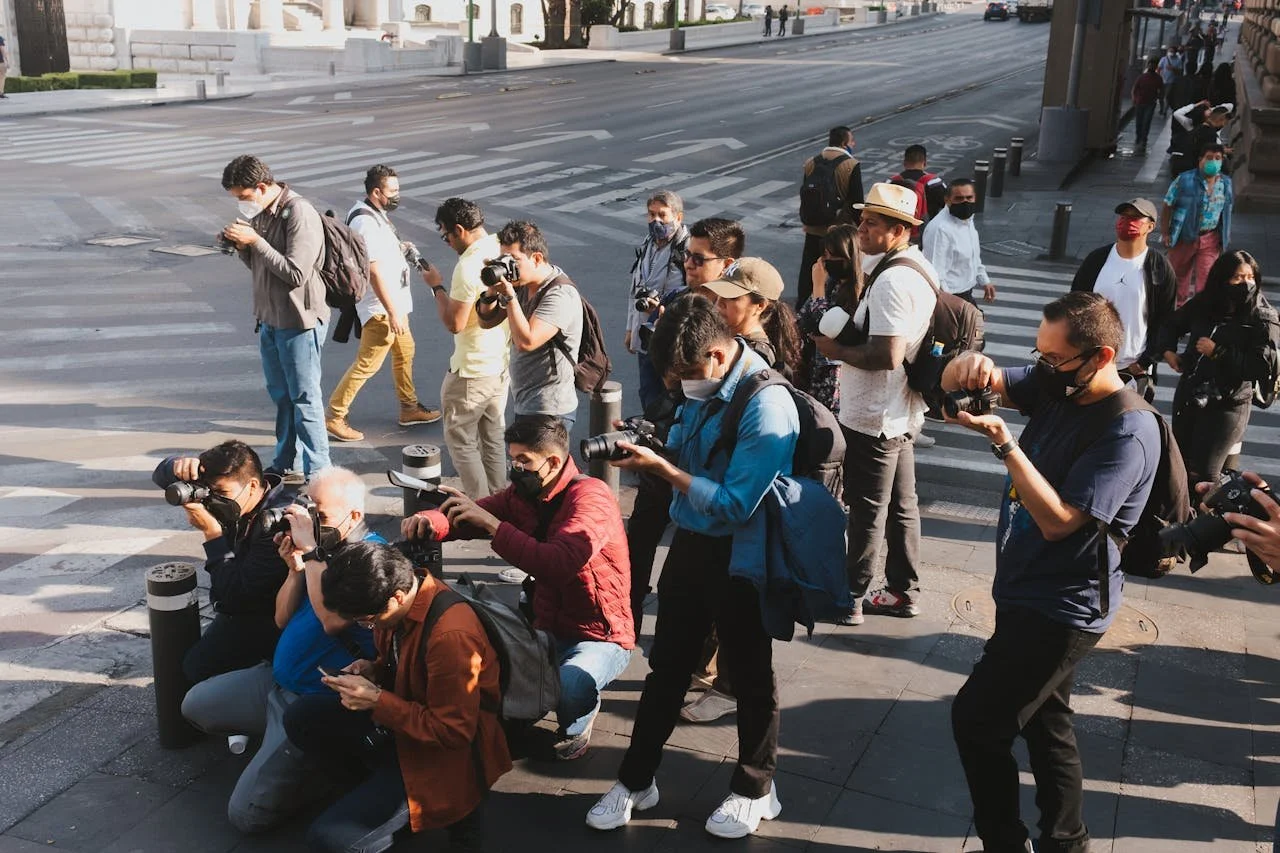
Photo by Los Muertos Crew
Whether it’s a photography magazine or a photography podcast, whenever I digest photography I feel inspired. Attending an intense workshop offers the same result. Hyper focusing on photography, being around like minded people, learning from an experienced photographer, it makes me want to pick up my camera and make photographs.
You get face to face with a master
If you invest in a modern day master of photography, then you’re getting access to a high-level photographer. This is a much different experience to messaging them online or reading their social posts. You can pick their brains first hand and gain little nuggets of gold that will make you a better photographer.
It’s a luxury experience
Aside from getting an education, you can see photography classes as a luxury experience. They’re often in top destinations like New York, Tokyo and Istanbul. Some of them come with meals and good bags too. Many big brands like Leica and Fujifilm run workshops giving you a fully immersive brand experience. It’s something you will remember forever.
The drawback of photography workshops
As with anything in life, nothing is perfect. As great as workshops can be, there are some drawbacks. Below I will highlight some of the reasons to perhaps avoid paying for a workshop.
High costs
As I mentioned earlier, some workshops are not cheap. Many photographers who have achieved online success charge four figures plus change for their workshops. And, even if they’re a highly skilled photographer, there’s no guarantee they are equally good teachers.
So, there’s risk involved when paying thousands of dollars for a workshop. If you have the money to splurge, great. But, if finances are tight make sure you do your research or looks for alternative solutions.
They’re very short
Most photography workshops are short. Anything from one to three days as I said before. Even if they’re great, there’s only so much the human brain can retain, especially in short periods of time. With that, you run the risk of lots of what you’re taught getting lost in the ether.
It’s worth asking if you can record the classes. Some photographers will say no, worried it will go into a public space and discourage people from signing up to future photography classes. This is understandable. But others won’t mind and will be happy for you to use for later reference.
They’re not always accessible
Photographers tend to do workshops in cycles. If your favorite photographer hosts a workshop you may also have to wait a while for them to arrive in a city near you. For people who live outside of large metropolitan cities, a photographers workshop may not be accessible at all.
Rather than wait a long period of time, it may be a good idea to invest in a good online course. Or refer to YouTube content if you’re looking to improve your knowledge and skills in photography.
The best photography workshops
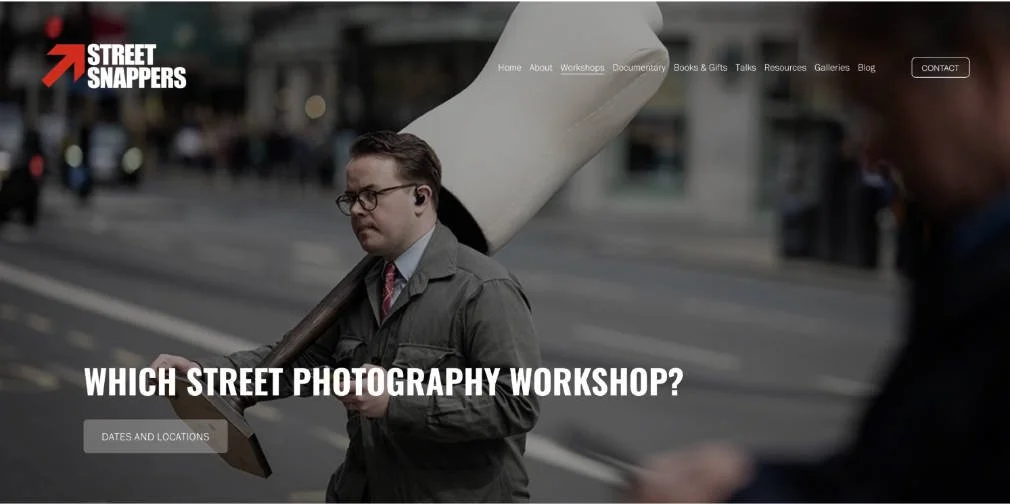
Defining the best photography workshops is tricky. Naturally, I haven’t attended them all. However, having been in the industry for so long, I know which photographers are legit and which are gifters. Below are some names and links to photographers I would recommend. Most of them teach street photography, so hopefully that’s your thing.
-
Phil Penman – street photography workshops in NYC and all over the world.
-
StreetSnappers – a mix of photography workshops in various locations, both at day and night.
-
Fujifilm workshops – a mix of all genres, taught my official Fujifilm X photographers.
Signing off
That brings our focus on photography workshops to a close. Now you should know the answer to what is a photography workshop and if they’re worth your time. My verdict is the can be a great investment, if you do your research. It’s good to invest in yourself and invest in your passion for photography.
Do you think photography workshops are worth it? Which photography have the best classes? Share your experience in the comments. Thanks for reading.
FAQs
Are photography workshops worth it?
If you select the right photographer and do your research they can absolutely be worth your investment. They’re great for meeting like minded people and to improve your photography skills.
What is a photographic expedition?
A photo expedition is a trip where a group of people go to create and learn about photography. National Geographic hosts many expeditions around the world, all led by their world class photographers.
What is photography as a course?
A photography course is often packaged as a workshop or a series of modules. They’re a mix of practical work and theory. With that some of the course will be in a classroom and the rest out in the field like in a photo studio or in public if you’re doing a street photography course.
Want your work featured on Them Frames? Pitch us.
